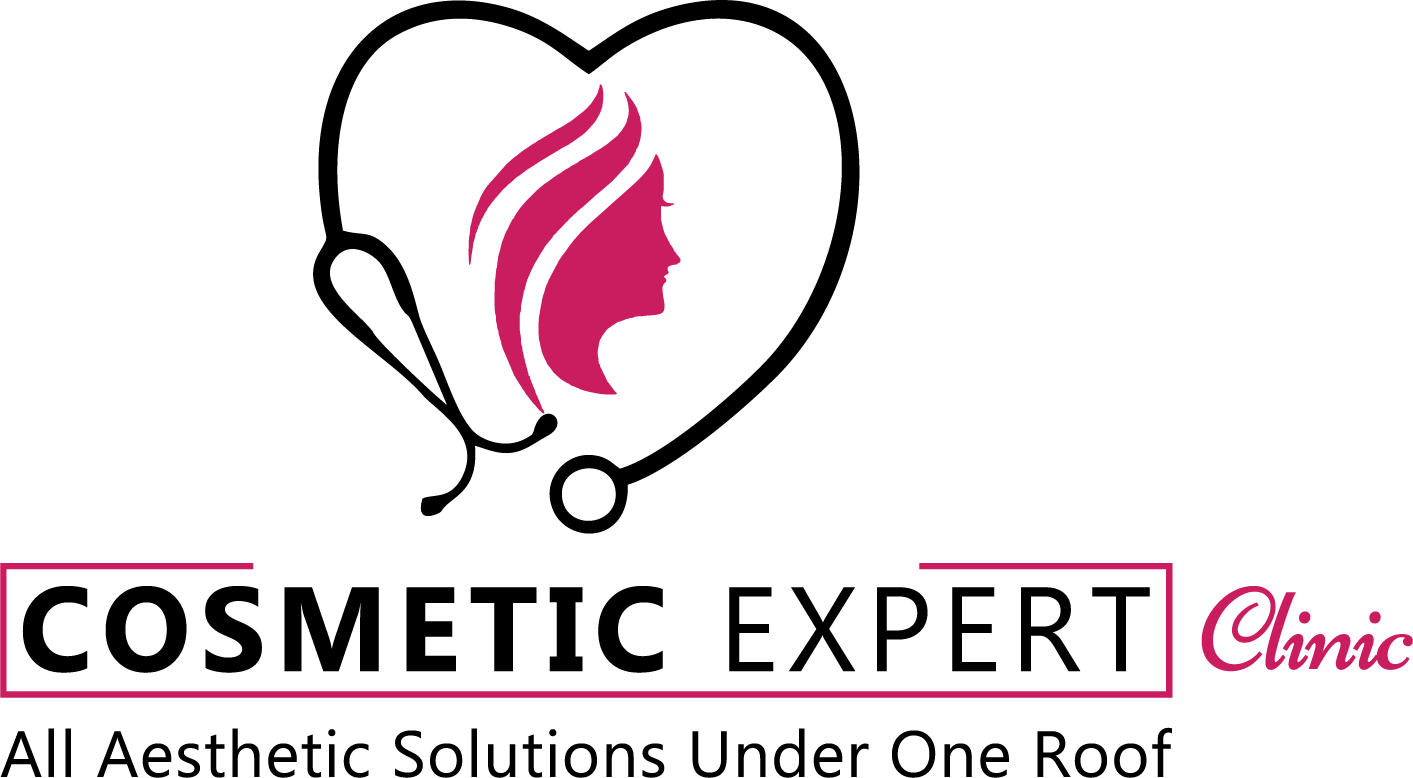People who are infected with COVID-19 can face multiple symptoms, with hair loss being reported as a symptom in persons who have recovered from the disease. According to the Centers for Disease Control and Prevention (CDC), hair loss is a potential long-term side effect of COVID-19 that is currently being investigated.
Normally, you may lose up to 100 strands of hair daily. However, if you are shedding hair that is not being adequately replaced by new hair growth or losing more than 100 strands of hair daily, you might be suffering from a medical or hair loss condition. This article discusses whether a SARS-CoV-2 infection can cause hair loss and when you should talk to your doctor about it.
Research on COVID-19 and hair loss
Many cases of hair loss have been reported after exposure to COVID-19, according to several studies. A November 2020 research studied a group of 63 people. Hair loss was noted by 14 of the 58 participants in the study. The average time from the onset of COVID-19 symptoms to visible hair loss was 58.6 days. In 5 of the 14 subjects, hair loss was resolved. However, 9 of the participants were still experiencing hair loss problems.
How can COVID-19 induce hair loss?
The hair loss that occurs with COVID-19 is reportedly a typical symptom of a condition called telogen effluvium (TE). Typically, hair falls out in huge clumps, which usually affects less than half of the scalp. The condition lasts between 6 and 9 months, after which most people discover that their lost hair regrows.
This condition is believed to be linked to COVID-19. A critical illness combined with a fever is among the probable causes of TE. Fever is reportedly among the most common signs of a COVID-19 infection.
Stress-induced hair loss
Another possible cause of TE is stress. Patients facing a disease like COVID-19 may undoubtedly be highly stressed physically and emotionally. Doctors believe that the physical and emotional stress that comes with a case of COVID-19 might trigger TE in patients. Stress induces more hair follicles to enter the telogen phase of the hair development cycle, resulting in hair loss. Additionally, the stress of the pandemic and quarantine can also be among the potential causes of TE.
TE Mechanism
When a stressor causes several hair follicles to stop growing and enter the resting (telogen) phase, this is known as TE. Hairs rest for 2 to 3 months in the telogen phase before they are shed from your scalp to make room for future hair development. Therefore, hair loss due to TE occurs a long time after a triggering event like an illness, or a severely stressful situation has occurred.
Is hair loss associated with severe COVID-19?
A severe form COVID-19 infection can probably be connected to hair loss. However, the severity and extent of this connection are yet to be determined.
A May 2020 research looked at 175 persons who were hospitalized with coronavirus. The researchers discovered that a large percentage of the subjects (67%) had androgenic alopecia. However, this was not a controlled group study.
The balding patterns of 336 men hospitalized with COVID-19 and 1,605 men hospitalized without COVID-19 were compared in a July 2020 study. The study concluded that men with the most prominent baldness patterns were more prone to test positive for COVID-19.
Coping with hair loss
Instead of the average 100 hairs per day, telogen effluvium can cause a loss of over 300 hair strands a day for up to 6 months, causing a great deal of anguish and concern. The good news is that telogen effluvium is only a transitory condition, and hair will regrow. It may, however, take some time. It is estimated to take about 6 months to a year for your hair to regain its volume and length because hair grows slowly. Coronavirus patients should feel relief to know that this condition is temporary and that their hair will grow back as their illness and symptoms subside. Additionally, they should make certain healthy lifestyle changes to ensure a healthy body and hair.
Hair loss treatments
Listed here are some remedies which can help you maintain healthy hair and prevent damaging your hair follicles.
- Lifestyle changes:
- Avoid smoking and drinking.
- Follow a balanced, nutrient-rich diet and maintain proper eating and sleeping patterns.
- Never use hoax hair growth supplements.
- Avoid getting perms, hot-oil treatments, and wearing hairstyles that pull or damage your hair.
- Avoid harshly pulling/ tugging your hair while brushing.
- Minoxidil (Rogaine): It can be used by both men and women to help regrow hair or hair loss. It’s sold as shampoo, liquid, or foam in stores.
- Devices: Hair loss can be treated at home with remedies like microneedling devices and laser combs or caps.
- Alternative treatments: A few examples of alternative hair loss treatments are:
- Amino acids
- Vitamin D
- Fish oil
- Onion juice
- Rosemary oil
- Saw palmetto
However, before you opt for any supplements to prevent hair loss or try any devices, it is best to consult with your doctor.
When to see a doctor?
Hair loss can be an indicator of one or more critical health problems that might need to be diagnosed and treated before they aggravate. Contact your doctor or a hair loss specialist immediately if you suffer from:
- Sudden hair loss
- Hair falling out in clumps
- Have patchy baldness
- Hair loss is accompanied by scalp itching or discomfort
